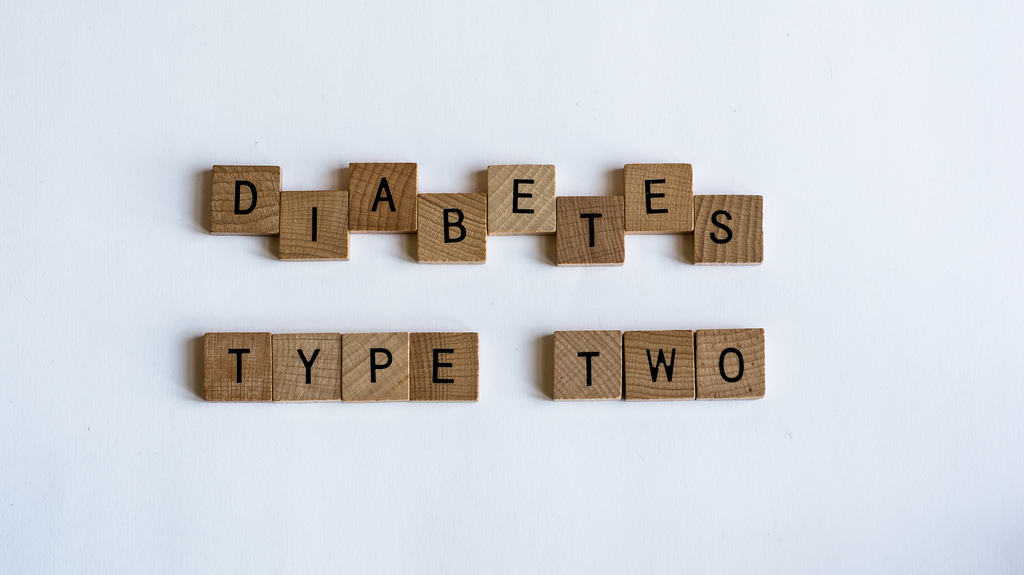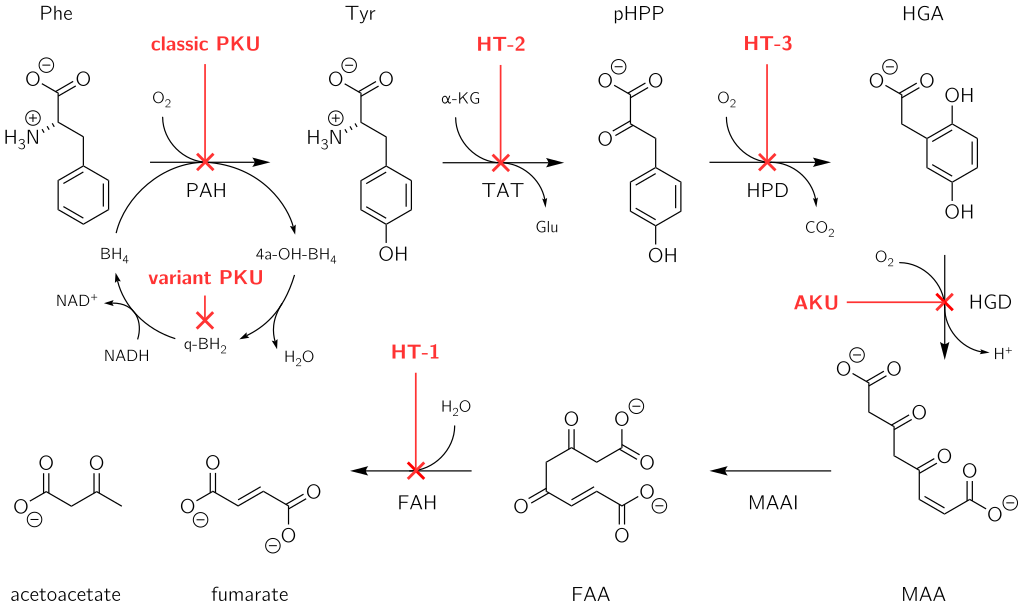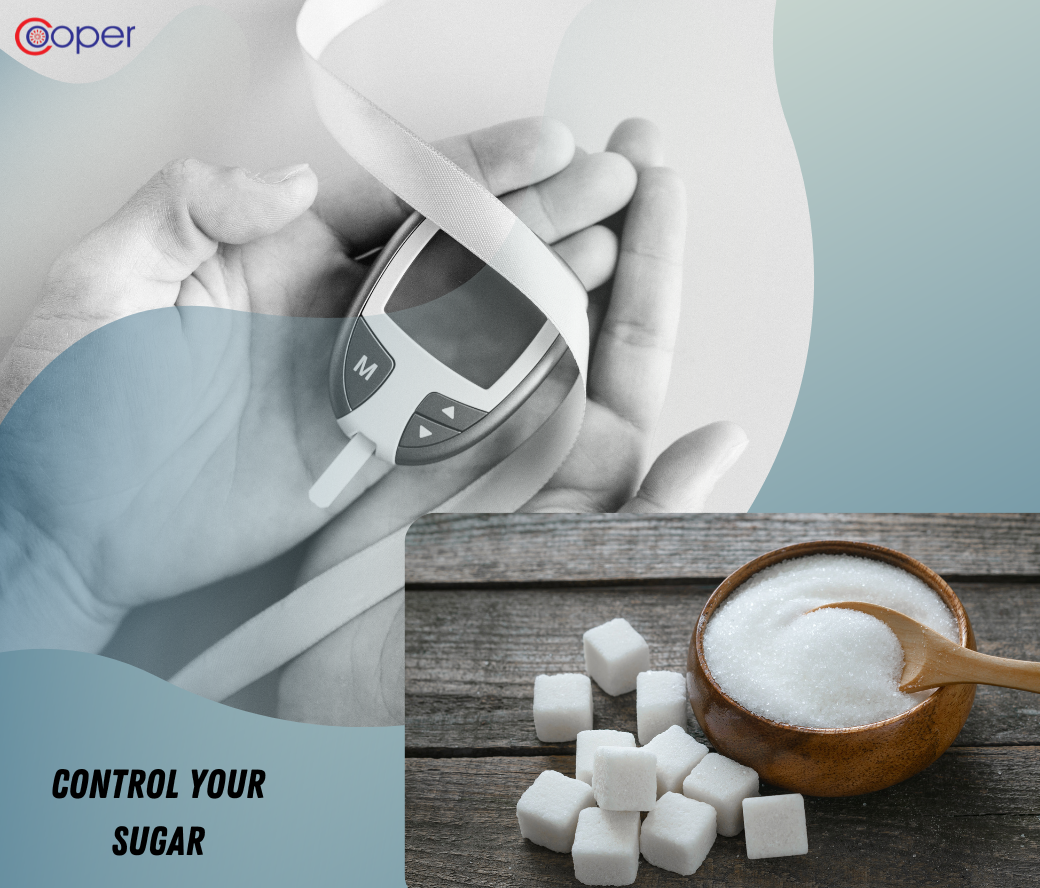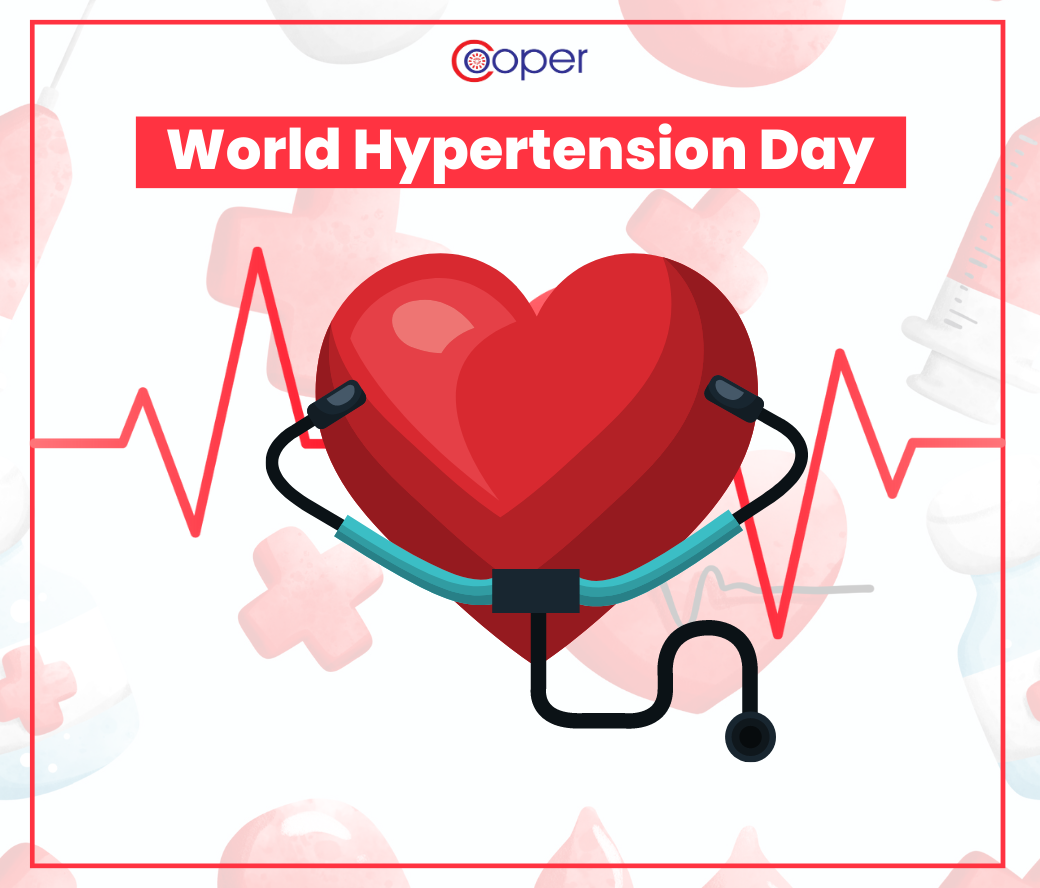How Estrogen Therapy Might Reduce Type 2 Diabetes Risk
Recent Blog

How Estrogen Therapy Might Reduce Type 2 Diabetes Risk
Date:- 2018-05-22 00:00:00
New research strengthens the idea that Estrogen Therapy might help to reduce Type 2 Diabetes. This mechanism works after the hormone replacement therapy after which it is able to control blood sugar levels.
In postmenopausal women, researchers found that estrogen targets specific cells in the pancreas and the gut to increase tolerance to glucose.
Type 2 diabetes is characterized by loss of beta cells by which the body struggles to produce insulin, the hormone that regulates blood sugar by absorbing it in the blood.
Previous research has suggested that after menopause, women may face a greater risk of type 2 diabetes. This has been attributed to hormonal changes and imparting loss in estrogen levels than other age-related women and might affect the regulation of glucose in the blood. Following on from such studies, scientists have investigated whether or not estrogen replacement therapy could help to prevent Type 2 diabetes among postmenopausal women, and many studies have produced positive results. It is estimated that around 30 million people living with diabetes which is a condition that causes blood glucose levels to become too high.
A relationship exists between estrogen and blood glucose levels. This would have been revealed by study and performed an experiment of glucose tolerance in estrogen-deprived mice and human cells. This study primarily focused on how estrogen affects the insulin-producing cells of the pancreas. For this experiment, researchers found that after removing the mice’s ovaries, the effects were seen on blood glucose and that was uncontrolled after treating Oral Glucose Tolerance Test (OGTT) on the mice. Ovaries without mice had elevated blood glucose level when compared with mice having ovaries. This experiment had proven a low risk of Type 2 diabetes. This latest study also looked at how the hormone impact cells that produce a glucagon which is a hormone that increases blood glucose if the pancreas secretes insulin, it also secretes glucagon, a hormone with the opposite effect of insulin. This was examined at the cellular level by a researcher and isolated intestinal L cells called gut harbor cells that are very similar to pancreatic alpha and its main function is to produce GLP-1 (glucagon-like peptide-1) cells and pancreatic insulin- and glucagon-producing cells, and had shown the effects of estrogen on these cells.
In the pancreas, estrogens affect the beta-cells of islets of Langerhans of the pancreas that secretes insulin and directly stimulates the secretion of insulin, the hormone which lowers blood glucose after a meal and inhibits secretion of glucagon, which elevates blood glucose. Estrogen also stimulates the production of a hormone called GLP-1, which is produced in both the pancreas and the intestines. GLP-1 acts to stimulate the release of insulin and inhibit the release of glucagon as well. GLP-1 plays a crucial role in the intestine in the control of carbohydrate balance and influence of estrogen on the metabolism.
When the mice in the study were given estrogen, the effects of estrogen deprivation on their glucose tolerance were reversed with increased secretion of GLP-1 seen along with the effects on blood glucose levels. Increased GLP-1 secretion was also seen in a cell of the mice that were exposed to estrogen. The researchers also did the same with human cells from low amount donors and found the same effect.
Estrogen replacement therapy, well administered in the context of diabetes can really add value to women’s health. It would, therefore, be possible only if hormonal treatment undergoes for only a few years shortly after menopause could help to reduce the risk of Type 2 diabetes. It may also be helpful in cardiovascular risk. However, if hormonal treatment is taken more than 10 years after menopause, the cardiovascular risk is effectively increased.



















.png)


